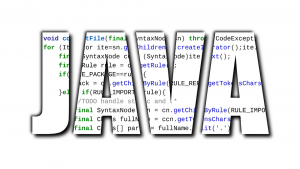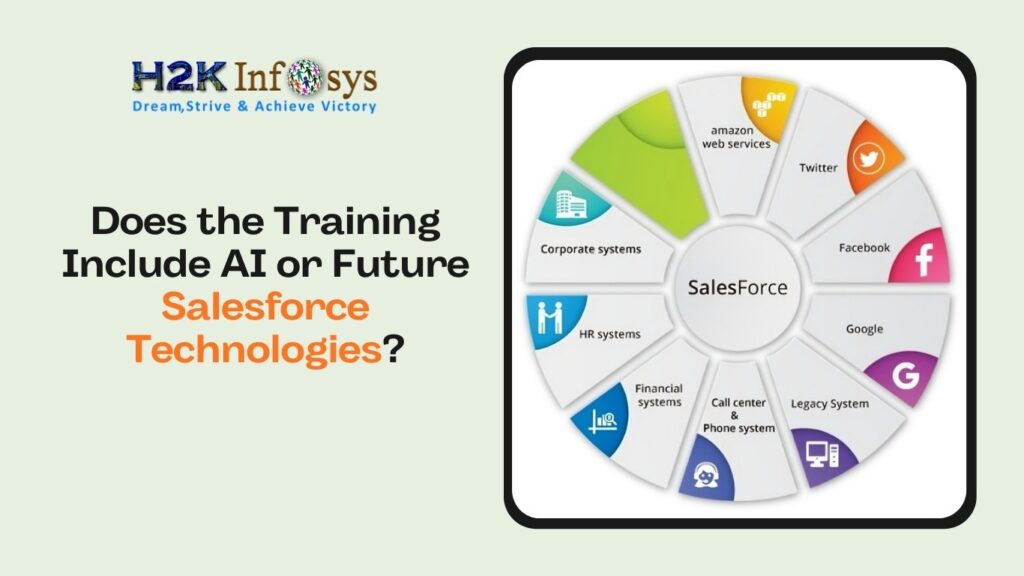To start off, C++ and Java are two of the most popular programming languages out there. However, the two have many crucial differences. This article will reveal some of them to decide if you should go Java learning or C++ learning next.
- First, you can overload methods and operators in C++. Method overloading is the only thing you can do in Java. C++ supports static polymorphism.
- Second, C++ is a dependent platform language that has to be compiled for every platform. On the other hand, Java is platform-independent. So, it can be run on any platform if it is already compiled into byte code.
- Third, Java’s byte code is portable, which makes it easy to run on any platform. C++ is not portable.
- Fourth, C++ has manual memory management. This management supports structures and unions. You must knowingly allocate or deallocate memory with the use of new or delete operators. Thankfully, with Java, the process is system-controlled. This management supports threads and interfaces.
- Fifth, C++ allows single, multiple, and other types of inheritances, while Java can only support single inheritance.
- Sixth, C++ has a virtual keyboard, while Java does not have. It is this virtual keyboard that helps it achieve polymorphism. It can be used to show the function that can be overridden. All of Java’s non-static methods are inherently virtual.
- Seventh, you can use pointers a lot more freely in C++ than in Java. Java started off with no pointers at all, and currently have a few as an improvement. It operates with restrictive pointers.
- Eight, Java allows documentation comments, making it easy to remember what each line of programming script means. C++ does not have this kind of support.
Are the above the only differences?
The above are just some of the differences between the two programming languages. What you should remember, though, is that Java’s coding structure is similar to that of C++ and the rest of the C family. However, while C++ is compatible with C and other high-level languages. Java is not. However, Java learning online will still provide you with some insight into C++ programming.

When you study Java basics for beginners, you will also find out that Java is not only a compiled language like C++, but it is also an interpreted language. When its source code is compiled, byte code is the result. This code can work with various platforms. This is a flexibility that C++ compilation does not have.
But which do you say is better?
Before you enroll in Java programming for beginners or an online course in C++, you may want to know which is the better option.
The answer, however, is not that simple. If your inclination leans towards web and desktop applications, you may want to go for a Java code online training. On the other hand, you should enroll in a C++ class if you’re going to become a systems programmer.
It is also possible that you want to become an expert programmer for any field. However, you must still begin with what you prefer.
So, can you start with Java without having a C++ background?
So, should you register for the online basics of Java program without knowing how to program in C++? Yes, you can. You don’t need to have a C++ background to get started in Java.
Conclusion
C++ and Java share some characteristics. They are both object-oriented programming languages, for one. The codes may bear similarities in form, though C++ tends to be longer most of the time, the differences are not like Python versus Java. The differences between the two, as listed in this article, do emphasize the individuality of each language.


























